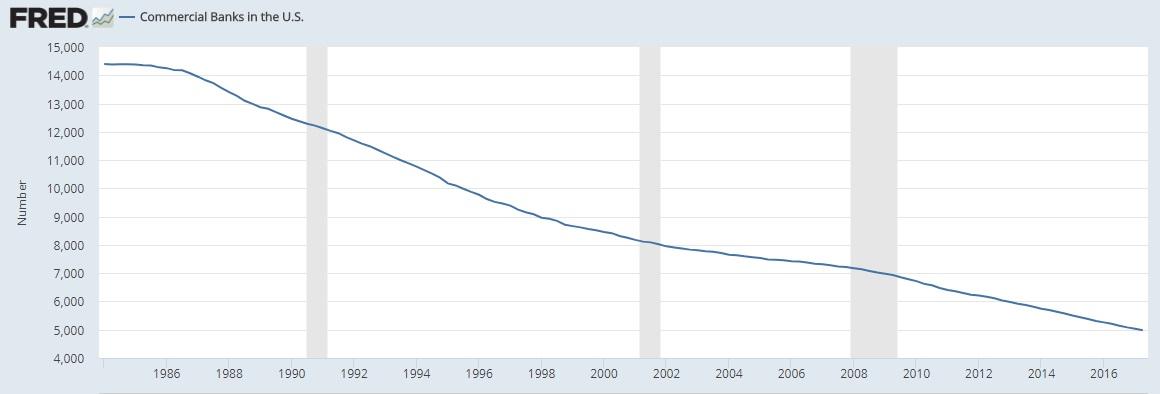One of the most devastating consequences of the Obama Administration has been that Americans who don’t have the luxury of large bank accounts are continuing to be treated like second-class citizens by the US financial system.
The Wall Street Journal this week offered another example this week in an article noting that banks are now paying higher interest rates to keep their wealthiest clients from shopping their services to other institutions. Even though the federal funds rate has remained at historically low levels, in theory the recent string of minor interest rates hike by the Fed should have allowed savers to start seeing marginally higher bank holdings. As some Republicans noted during Janet Yellen’s last round of Congressional hearings though, these benefits have not made their way to Main Street – even as big banks are receiving ever-increasing payments for the excess reserves they have parked at the Fed.
Finally it seems that banks are willing to increase interest paid to their depositors, but as WSJ notes, it’s a perk not offered to everyone:
Bank executives said that the newest pressure for higher rates is coming primarily from wealth-management customers, typically well-to-do individuals and families who deposit cash as part of their investment accounts. These can range from people with hundreds of thousands of dollars to invest to private banking clients with tens of millions or more.
Of course it is not unusual for wealthier clients to receive perks not afforded to smaller customers. A retiree playing penny slots shouldn’t expect the same treatment as a blackjack player ready to drop $100 a hand. It is still important to recognize, however, the regressive nature of some of the Obama Administration’s most significant bank-related policies.
For one, the Dodd-Frank Act made it more expensive for banks to provide services for their customers. Not only did the larger regulatory frame work dramatically increase the cost of compliance per customer, but individual measures like caps on interchange fees and others simply made it more expensive for individuals to use services such as debit cards, ATMs, and other products we all now take for granted. Predictably, these costs have been passed on to consumers.
Of course, even cutting back on benefits and increasing fees haven’t been enough for smaller banks to survive. As such, we’ve seen dramatic consolidation of the banking industry:
Most destressing, only two new banks have been chartered in the last six years, as opposed to 175 in 2007 alone.

So not only do average Americans have fewer traditional banking options than ever before, the regulatory structure would prevent an entrepreneur from trying to start up his own bank to try to fill that niche in the market.

Of course Obama’s war on the poor was not limited simply to restricting America’s banking choices, but includes his full endorsement of Ben Bernanke’s Federal Reserve and its combination of low interest rates and various rounds of quantitive easing. The explicit aim of this monetary policy was to push savers out of bank deposits and other investment safe havens, and into assets such as stocks. This has been a major win for savvy investors, publicly traded companies, and the Wall Street firms connecting them – but not the most financially vulnerable Americans.
While the left enjoys evoking “income inequality” as an excuse for ever more elaborate government programs, the uncomfortable reality is that few presidencies have ever done more to widen the gap between rich and poor than Barack Obama. Of course, the progressives have always been Wall Street’s greatest allies.
No wonder the big banks continue to pay their speaking fees.


